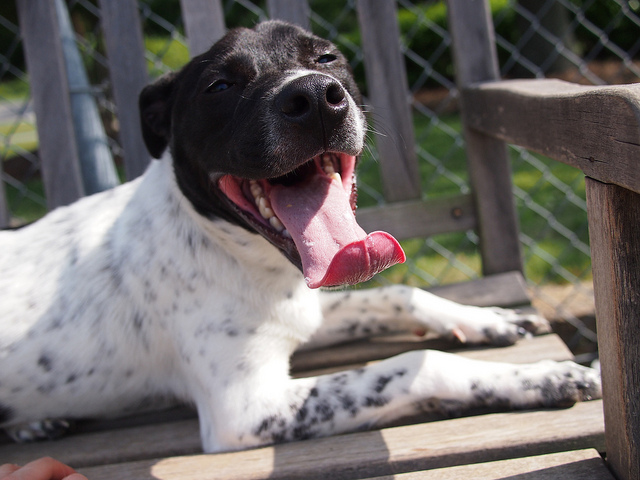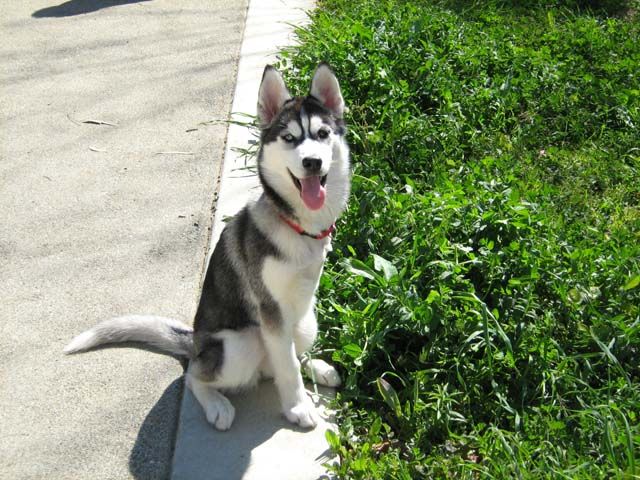
Senior Dog Care
As our loyal companions age, they require special attention and care to ensure they live their twilight years to the fullest. Senior dogs, just like their human counterparts, can experience a range of health issues and challenges. To keep your aging pup happy and healthy, it’s essential to provide them with the care and attention they deserve. In this comprehensive guide, we’ll delve into the world of senior dog care and provide you with invaluable tips to ensure your furry friend enjoys their golden years.
1. Regular Veterinary Check-ups
One of the most crucial aspects of senior dog care is regular veterinary check-ups. As dogs age, they become more susceptible to various health conditions, including arthritis, heart disease, and diabetes. By scheduling routine visits to the vet, you can catch these issues early and provide appropriate treatment. Your veterinarian can also recommend a tailored senior dog diet and exercise plan to keep your pup in tip-top shape.
2. Balanced Nutrition
Proper nutrition is paramount for senior dogs. Aging can slow down metabolism and lead to weight gain. It’s essential to feed your senior dog a balanced diet that’s appropriate for their age, size, and specific health needs. Consult with your vet to determine the best food for your aging pup, and consider switching to a senior dog food formula that addresses their changing dietary requirements.
3. Regular Exercise
While senior dogs may not be as spry as they once were, they still require regular exercise to maintain their mobility and overall health. Low-impact activities like short walks, swimming, and gentle playtime can help keep their joints limber and their muscles toned. Be mindful of your dog’s limitations, and adjust the intensity and duration of exercise accordingly.
4. Dental Care
Oral health is often overlooked but is a critical aspect of senior dog care. Dental issues can lead to pain and discomfort, making it difficult for your dog to eat and enjoy their life. Regular tooth brushing and dental check-ups can prevent dental problems and ensure your aging pup’s mouth remains healthy.
5. Joint Supplements
Arthritis and joint pain are common in senior dogs. Consider discussing joint supplements with your vet to help alleviate discomfort and improve mobility. Glucosamine and chondroitin supplements, for example, can provide much-needed relief for aging joints.
6. Provide Comfort
Create a comfortable environment for your senior dog. Invest in a cozy bed and provide them with a warm and quiet place to rest. Senior dogs may have difficulty regulating their body temperature, so ensure they are kept warm during colder months.
7. Mental Stimulation
Mental stimulation is essential for keeping your aging pup happy. Engage in activities that challenge their mind, such as puzzle toys or interactive games. This helps prevent cognitive decline and keeps their spirits high.

8. Regular Grooming
Maintaining your senior dog’s coat and skin is crucial for their comfort and well-being. Regular grooming sessions can help you detect skin issues, lumps, or bumps early. Brushing their coat also promotes good circulation and reduces shedding.
9. Maintain a Safe Environment
Senior dogs may have limited mobility and could be at risk of accidents. Ensure your home is senior-dog-friendly by removing hazards such as slippery floors and obstacles. Install ramps or provide assistance with stairs to make it easier for them to move around.
10. Love and Attention
Last but certainly not least, shower your senior dog with love and attention. They thrive on companionship and affection, and the bond between you will only grow stronger in their later years.
In conclusion, senior dog care is a labor of love that involves attention to various aspects of your aging pup’s life. By following these tips and providing your furry friend with the care they deserve, you can ensure they lead a happy and healthy life in their golden years. If you need any additional tips and information about senior dog care, check out this useful link to know more.





